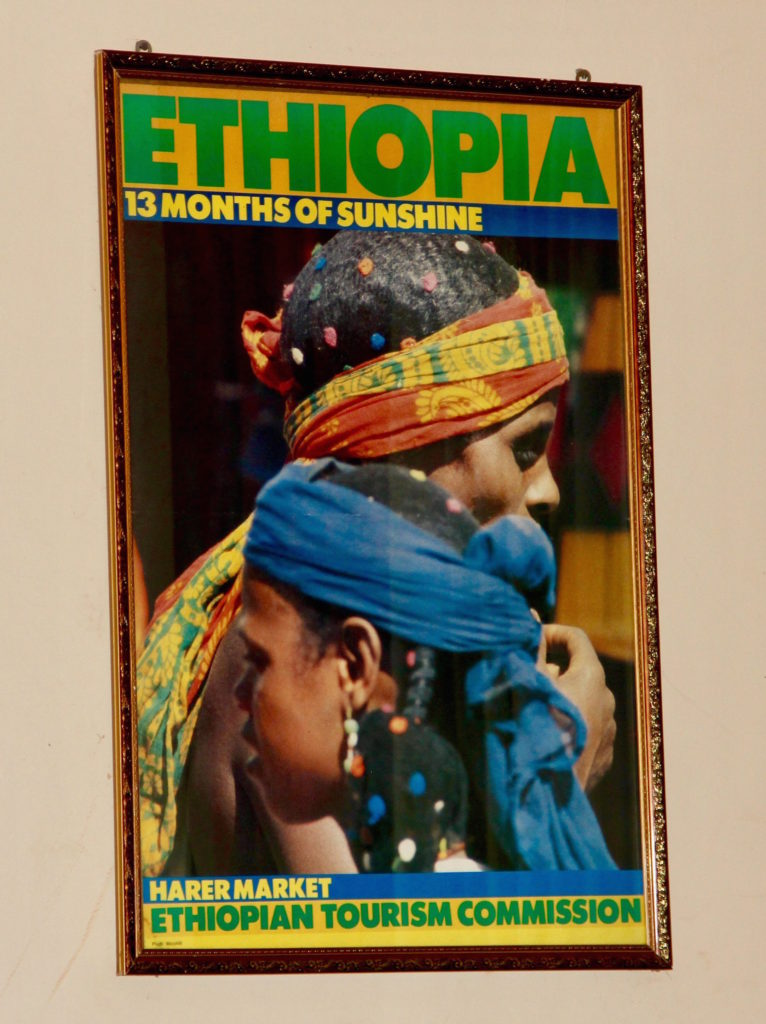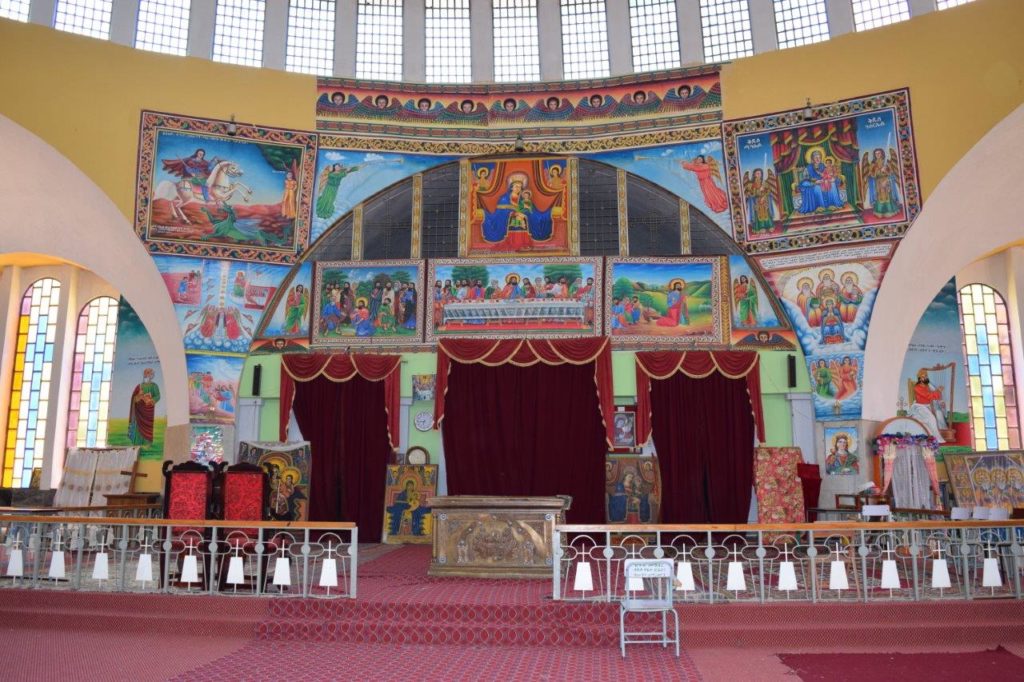
Remember when Marty McFly time travelled for the first time in Back To The Future? You’d be hard pressed to find anyone that would pass up that opportunity. When the topic of time travel comes up in conversation, some might start thinking about all the things they would have done, or the things they’d try to change. Plus it’d just be a fun way to pass the time. We completely agree… And at Water to Thrive, we time travel a few times every year! Okay, it’s not exactly time travel, but it’s still a little weird and probably the closest you can get.
Internationally, the most widely used calendar is the Gregorian calendar. We use this calendar here in the United States, and in fact it’s so widely used that there are only four countries that don’t use it. You may have guessed by now what one of those countries may be. That’s right, in Ethiopia, it’s currently year 2009. Like we said, it’s a little weird.
It may be because Ethiopia was independently settled, but regardless of why, the country uses their own Ethiopian calendar. It’s a solar calendar derived from the ancient Egyptian Calendar, that starts their year either September 11th or 12th. As advertised in the poster above (which was hanging in the lobby of one of our hotels in Ethiopia last fall), the calendar is made up of twelve months of 30 days, and a 13th month of five or six extra days depending on the year. The discrepancy between the calendars is due to disagreements on the correct calculation of the timing of the Annunciation, which marks the announcement to the Virgin Mary that she would conceive the baby Jesus by the angel Gabriel. Because of these differing beliefs, Ethiopia will always be seven to eight years behind us.
Because a lot of the wells we build are in Ethiopia, we spend a lot of time there. It often makes us stop and ask ourselves, “What’s the point of time?” Not to make your head hurt too much, but does it really matter that we believe it’s 2017 here, and Ethiopians believe that it’s 2009 there? If the answer is “No,” then does time really matter? Of course it does to some extent, but when you realize that time was created by civilizations as a tool for measuring, it helps put things in perspective. We put so much value and importance on time, and the passage of time, that we forget we’re the ones that give time the power to have significance. Everyday at Water to Thrive we try to focus our energy not on time, but on people, because the people are what’s significant.
We love sharing our trip experiences you, but are always happy when people travel with us to experience it for themselves. If you feel like time is moving too fast, then come relive 2009 and experience first hand the 13-months of sunshine Ethiopia has to offer.



About The Author: Water to Thrive
More posts by Water to Thrive